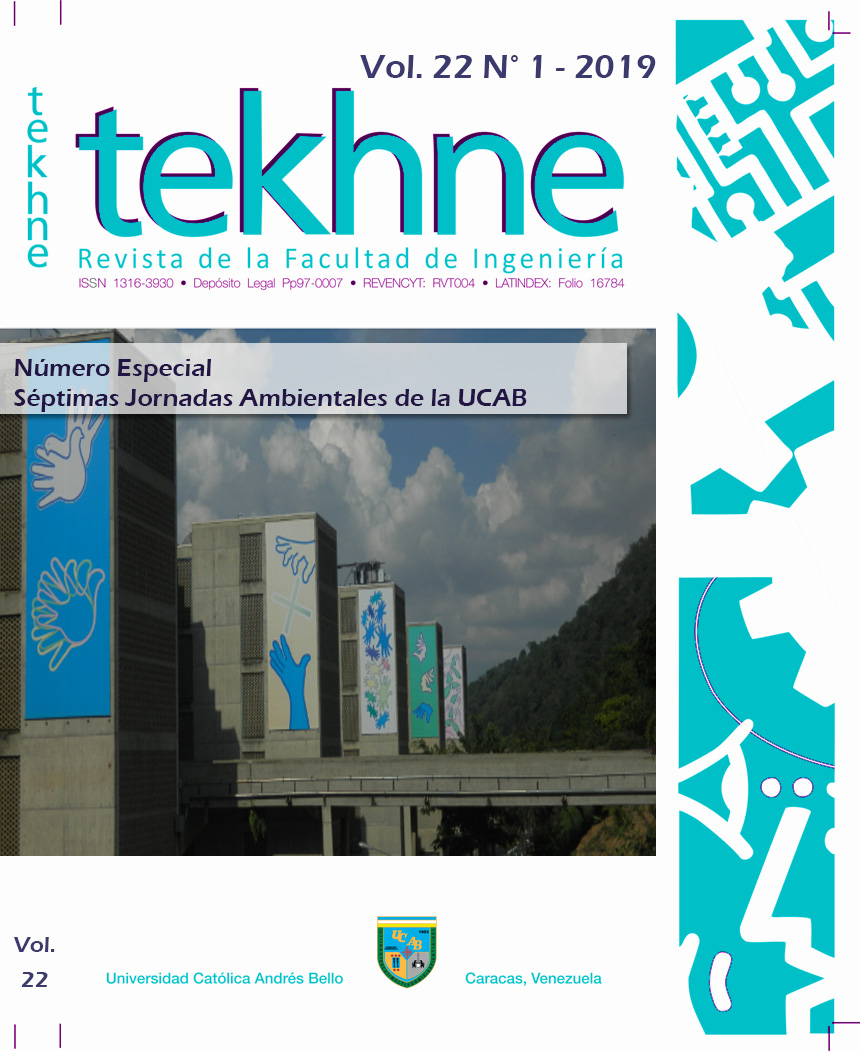Understanding Agroecosystems as Socioecological Systems. Case Study: Larense Horticulture. Venezuela.
Comprensión de los Agroecosistemas como Sistemas Socioecológicos. Caso de Estudio: Horticultura Larense. Venezuela.
DOI:
https://doi.org/10.62876/tekhn.v22i1.4044Keywords:
Abstract
The global environmental problem is part of a local territorial complexity that requires study, as well as contributions based on theoretical and methodological analyzes conducive to analyzing non-linear interactions and relationships in its society-nature context, thus recognizing subjective and objective components for understanding. of reality and the generation of knowledge. Socioecological systems are complex, adaptive, dynamic and integrated systems, made up of natural conditions and interactions between human beings that are in a constant process of adaptation, learning and self-organization, these being necessary elements to consider in environmental education. The objective of the study is to analyze agroecosystems from the concept of socioecological systems, evaluating quantitative and qualitative tools. A methodology based on the mixed approach was used, with a non-experimental design, carried out in an agricultural territory in the state of Lara. Sustainability indicators were used for the study of 12 horticultural agroecosystems, located in 4 communities, and in-depth open interviews were applied to 16 key informants. 6 sustainability indicators were obtained based on social and ecological aspects, indices and variables associated with these indicators and the identification of turning points from a chronology of events that occurred in a period of 70 years. The conclusion of the study indicates that the accumulated experience and knowledge acquired through formal and informal means by peasant farmers has allowed them to maintain agroecological practices within a conventional intensive agricultural model and continue with a profitable level of production, making decisions in the day by day, innovating and developing adaptive strategies.




